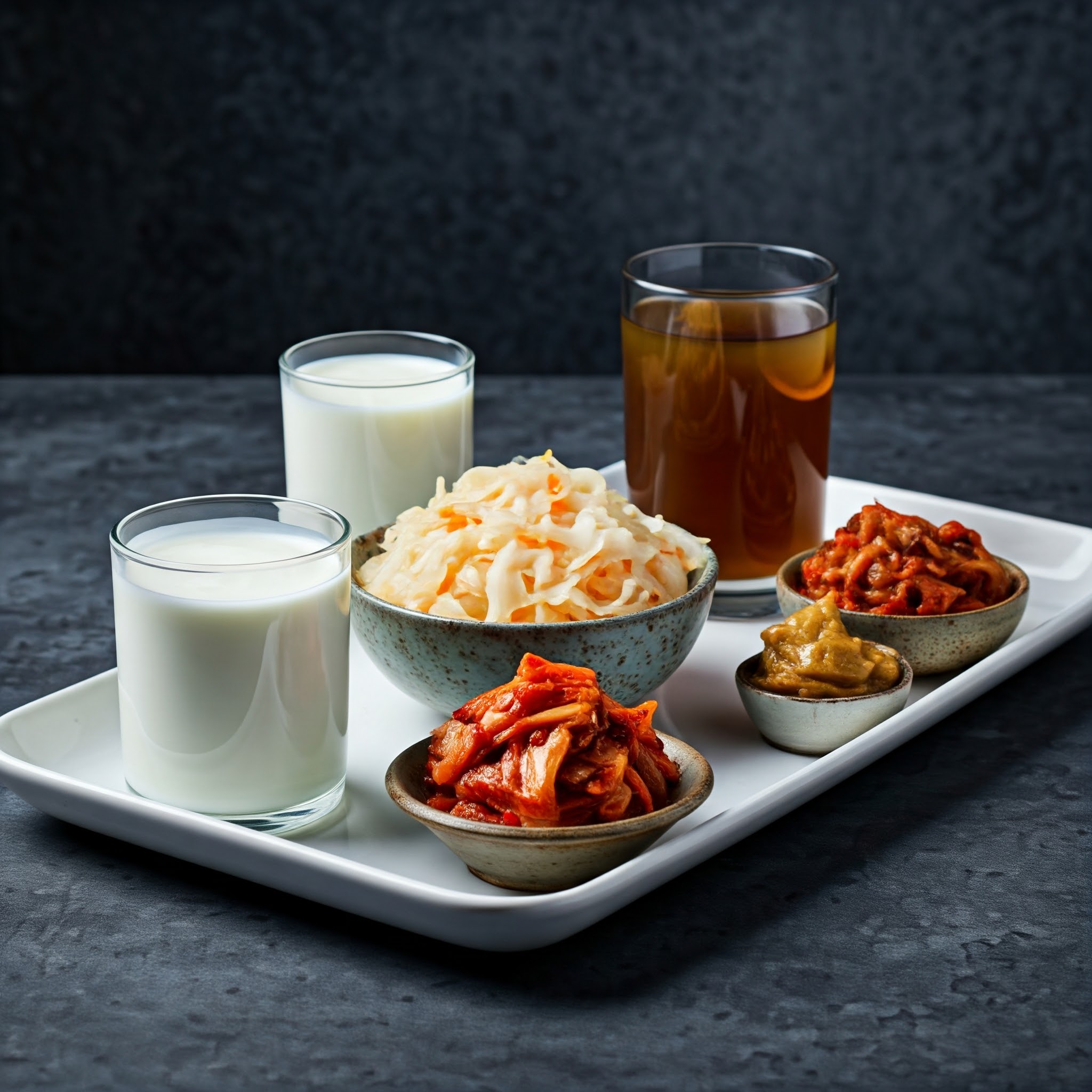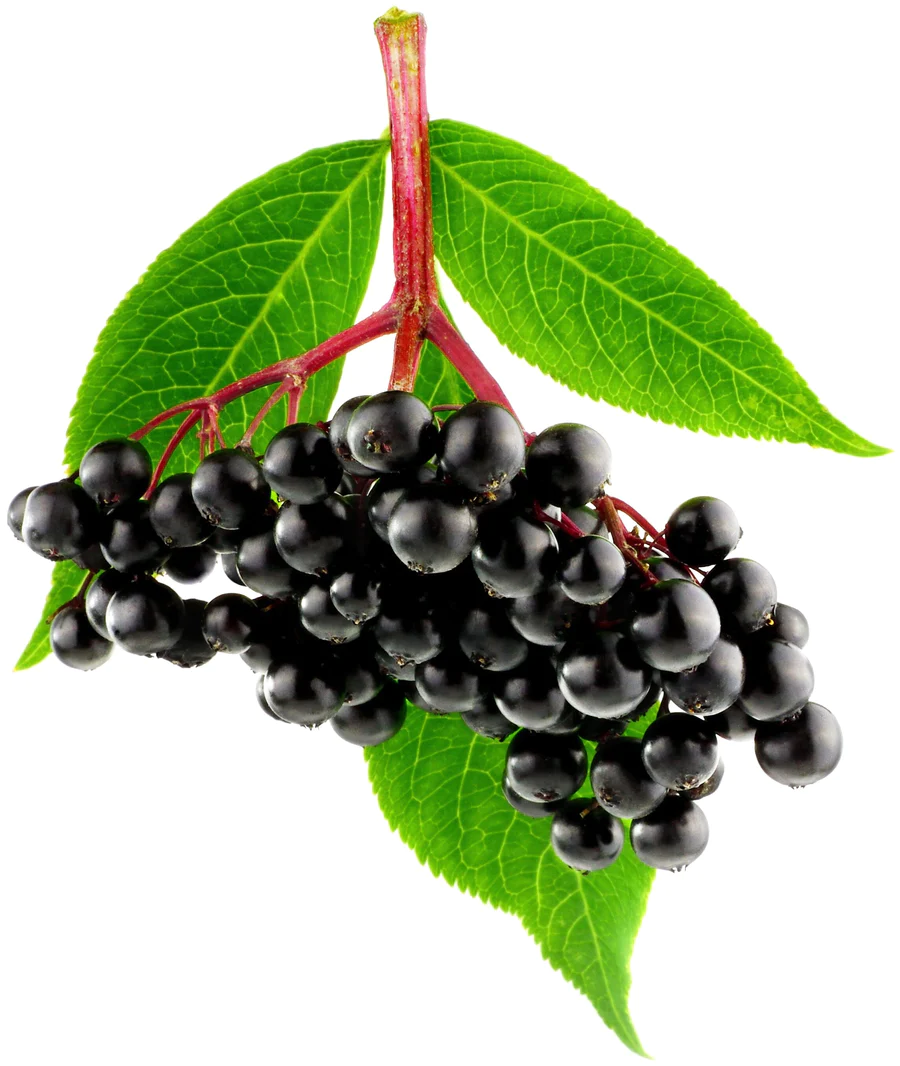
Fuel Your Body Right: The Top 11 Healthiest Foods to Eat
In today’s fast-paced world, prioritizing our health can easily fall by the wayside. But what we eat plays a fundamental role in our overall well-being, impacting everything from our physical health to our mental clarity and energy levels. With so much conflicting information about nutrition, it can be overwhelming to decipher what’s truly best for our bodies.
This guide dives into the top 11 healthiest foods you can incorporate into your diet, empowering you to make informed choices and fuel your body for optimal performance.
1. Fatty Fish: A Feast for the Brain and Heart
Salmon, sardines, mackerel – these aren’t just tasty additions to your plate, they’re nutritional powerhouses. Rich in omega-3 fatty acids, particularly EPA and DHA, fatty fish are essential for brain health, heart function, and reducing inflammation. Omega-3s play a crucial role in cognitive function, memory, and may even help prevent neurodegenerative diseases like Alzheimer’s. They also keep your heart healthy by lowering bad cholesterol (LDL) and reducing the risk of blood clots.
Fatty fish are also an excellent source of vitamin D, vital for bone health, immune function, and even mood regulation. Vitamin D deficiency has been linked to an increased risk of depression and autoimmune diseases.
2. Leafy Green Vegetables: Nature’s Multivitamin
Leafy greens like kale, spinach, arugula, and swiss chard are like nature’s multivitamins. They’re incredibly low in calories and carbohydrates, making them perfect for weight management or healthy weight loss. But don’t let their low calorie count fool you – they’re packed with essential vitamins, minerals, and fiber.
Leafy greens are champions of eye health due to their high levels of lutein and zeaxanthin, which protect your eyes from age-related macular degeneration and cataracts. They’re also a good source of vitamin K, which is crucial for blood clotting and bone health. The fiber in leafy greens keeps your digestive system running smoothly and may help prevent certain cancers.
3. Berries: A Burst of Antioxidants and Flavor
These brightly colored fruits are more than just a delicious treat – they’re antioxidant powerhouses. Berries are packed with phytonutrients, which protect your cells from damage caused by free radicals. This can help reduce the risk of chronic diseases like heart disease, cancer, and Alzheimer’s.
Different berries offer a variety of health benefits. Blueberries are known for their brain-boosting properties, while strawberries are rich in vitamin C, essential for a healthy immune system. Berries are also a good source of fiber, which aids digestion and keeps you feeling full longer.
4. Nuts and Seeds: Tiny Powerhouses of Nutrition
Don’t underestimate the mighty nut and seed! Almonds, walnuts, pecans, chia seeds, flaxseeds – these tiny packages are bursting with nutrients. They’re a great source of healthy fats, protein, fiber, vitamins, and minerals.
The healthy fats in nuts and seeds can help lower bad cholesterol (LDL) and raise good cholesterol (HDL), reducing your risk of heart disease. They’re also a good source of plant-based protein, making them a satisfying snack option for vegetarians and vegans. The fiber in nuts and seeds keeps you feeling full and can aid in digestion. Nuts and seeds are also a good source of essential vitamins and minerals, including vitamin E, magnesium, and selenium, which are all important for overall health.
5. Cruciferous Vegetables: Power Up Your Detox System
Broccoli, cauliflower, Brussels sprouts, cabbage, and their cruciferous cousins are superstars when it comes to detoxification and disease prevention.
Cruciferous vegetables are also a good source of fiber, vitamin C, vitamin K, and folate, all of which are essential for maintaining good health.

These vegetables contain unique sulfur compounds called glucosinolates, which break down into beneficial compounds like sulforaphane when chopped, chewed, or cooked. Sulforaphane helps your body eliminate harmful toxins and may reduce the risk of certain cancers, like colon cancer.
6. Fermented Foods: Friendly Bacteria for a Happy Gut
Kimchi, sauerkraut, kefir, kombucha, yogurt – these fermented foods are more than just trendy culinary delights; they’re teeming with beneficial bacteria known as probiotics. These live microorganisms improve gut health by promoting the growth of good bacteria and inhibiting the growth of bad bacteria. A healthy gut microbiome is essential for digestion, immune function, and even mental health.
Fermented foods may also help alleviate symptoms of digestive disorders like irritable bowel syndrome (IBS) and ulcerative colitis. Some studies suggest that probiotics may have a whole litany of benefits. We’ll get more into this in a moment.

7. Legumes: The Plant-Based Protein Powerhouses
Beans, lentils, chickpeas, and other legumes are nutritional superstars. They’re packed with plant-based protein, making them an excellent source for vegetarians and vegans. Legumes are also rich in fiber, which keeps you feeling full and satisfied, aids in digestion, and helps regulate blood sugar levels.
Beyond protein and fiber, legumes are loaded with essential vitamins and minerals, including folate, iron, magnesium, and potassium. They’re also a good source of complex carbohydrates, providing sustained energy without the blood sugar spikes associated with refined carbohydrates.
8. Eggs: A Complete Protein Package
Eggs are often called “nature’s multivitamin” for a good reason. They’re an incredibly affordable and versatile source of high-quality protein. Eggs contain all nine essential amino acids, making them a complete protein source.
Beyond protein, eggs are rich in choline, a nutrient crucial for brain development and function. They’re also a good source of vitamins like vitamin D, vitamin B12, and selenium, and minerals like iron and zinc.
9. Dark Chocolate: A Healthy Indulgence
Yes, you read that right! Dark chocolate can be a healthy treat, especially when consumed in moderation. Choose dark chocolate with at least 70% cocoa content to reap the benefits.
Dark chocolate is rich in antioxidants, particularly flavonoids, which have been shown to improve blood flow, lower blood pressure, and protect your heart. It may also enhance cognitive function and improve mood.
10. Olive Oil: The Cornerstone of the Mediterranean Diet
Extra virgin olive oil is a cornerstone of the Mediterranean diet, and for good reason. It’s rich in monounsaturated fats, which have been shown to lower bad cholesterol (LDL) and reduce the risk of heart disease.
Olive oil is also packed with antioxidants and anti-inflammatory compounds. Drizzle it on salads, use it for cooking, or even enjoy a spoonful as a healthy fat source.
11. Garlic and Ginger: Flavor Powerhouses with Health Benefits
Garlic and ginger are more than just flavor boosters; they’re powerful medicinal ingredients. Garlic is known for its antimicrobial and anti-inflammatory properties. It may help lower blood pressure, boost immunity, and even fight off the common cold.
Ginger is another powerful anti-inflammatory. It can help soothe an upset stomach, reduce nausea, and even relieve pain.

Key Considerations for a Healthy Diet:
- Variety is key: Include a wide variety of these and other healthy foods in your diet to ensure you’re getting a full spectrum of nutrients.
- Listen to your body: Pay attention to how different foods make you feel.
- Moderation is key: Enjoy all foods in moderation, including treats.
- Focus on whole foods: Choose whole, unprocessed foods whenever possible.
- Make cooking fun: Experiment with new recipes and enjoy the process of preparing healthy meals.
Fueling your body with the right foods is an investment in your overall well-being. By incorporating these 11 powerhouses into your diet and making conscious choices about your nutrition, you can unlock your full potential and live a healthier, happier life.
Benefits of Probiotics:
- Improve digestive health:
- Reduce symptoms of irritable bowel syndrome (IBS): Probiotics may help alleviate symptoms such as bloating, gas, constipation, and diarrhea in individuals with IBS.
- Treat and prevent antibiotic-associated diarrhea: Antibiotics can disrupt the balance of gut bacteria, leading to diarrhea. Probiotics can help restore the balance and prevent or shorten the duration of antibiotic-associated diarrhea.
- Improve lactose intolerance: Some studies suggest that certain probiotic strains may help individuals with lactose intolerance better digest lactose, the sugar found in milk.
- Boost the immune system:
- Probiotics may help strengthen the immune system by increasing the production of antibodies and enhancing the activity of immune cells.
- They may also help prevent respiratory infections, such as the common cold.
- Improve mental health:
- Emerging research suggests a link between gut health and mental health. Probiotics may help improve mood, reduce anxiety, and alleviate symptoms of depression. However, more research is needed in this area.
- Support weight management:
- Some studies suggest that certain probiotic strains may help reduce body fat and improve metabolic health. However, more research is needed to confirm these findings.
Important Note:
- Not all probiotics are created equal: The effects of probiotics can vary depending on the specific strain of bacteria.
- It’s crucial to consult with a healthcare professional before starting any new supplement, including probiotics, especially if you have any underlying health conditions.
- Probiotics are generally safe for most healthy adults, but side effects such as gas and bloating may occur in some individuals.


